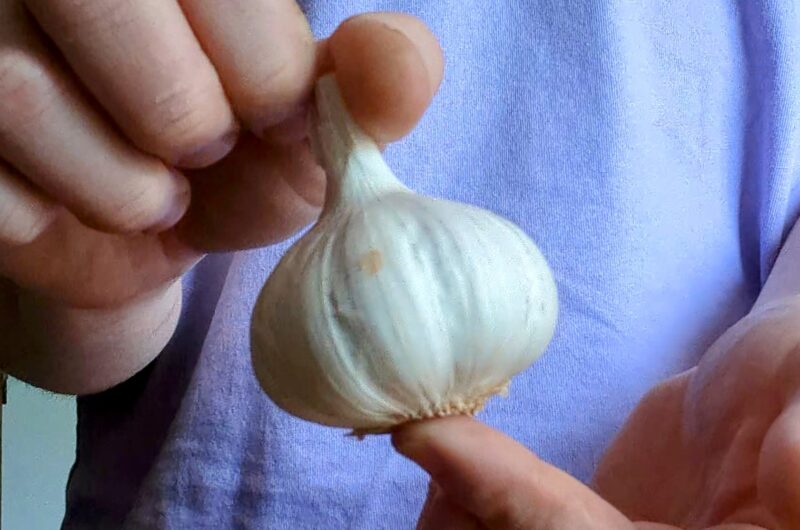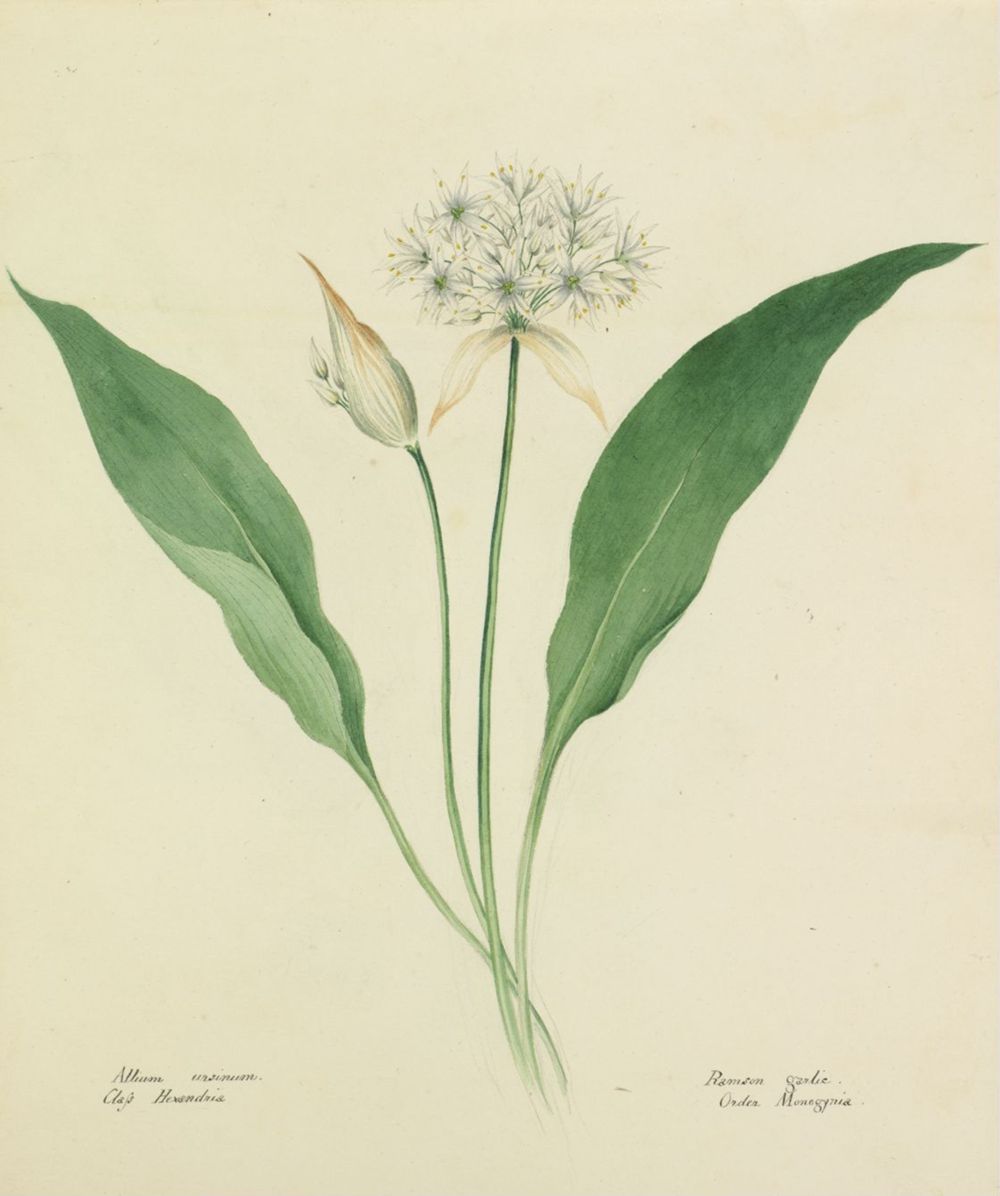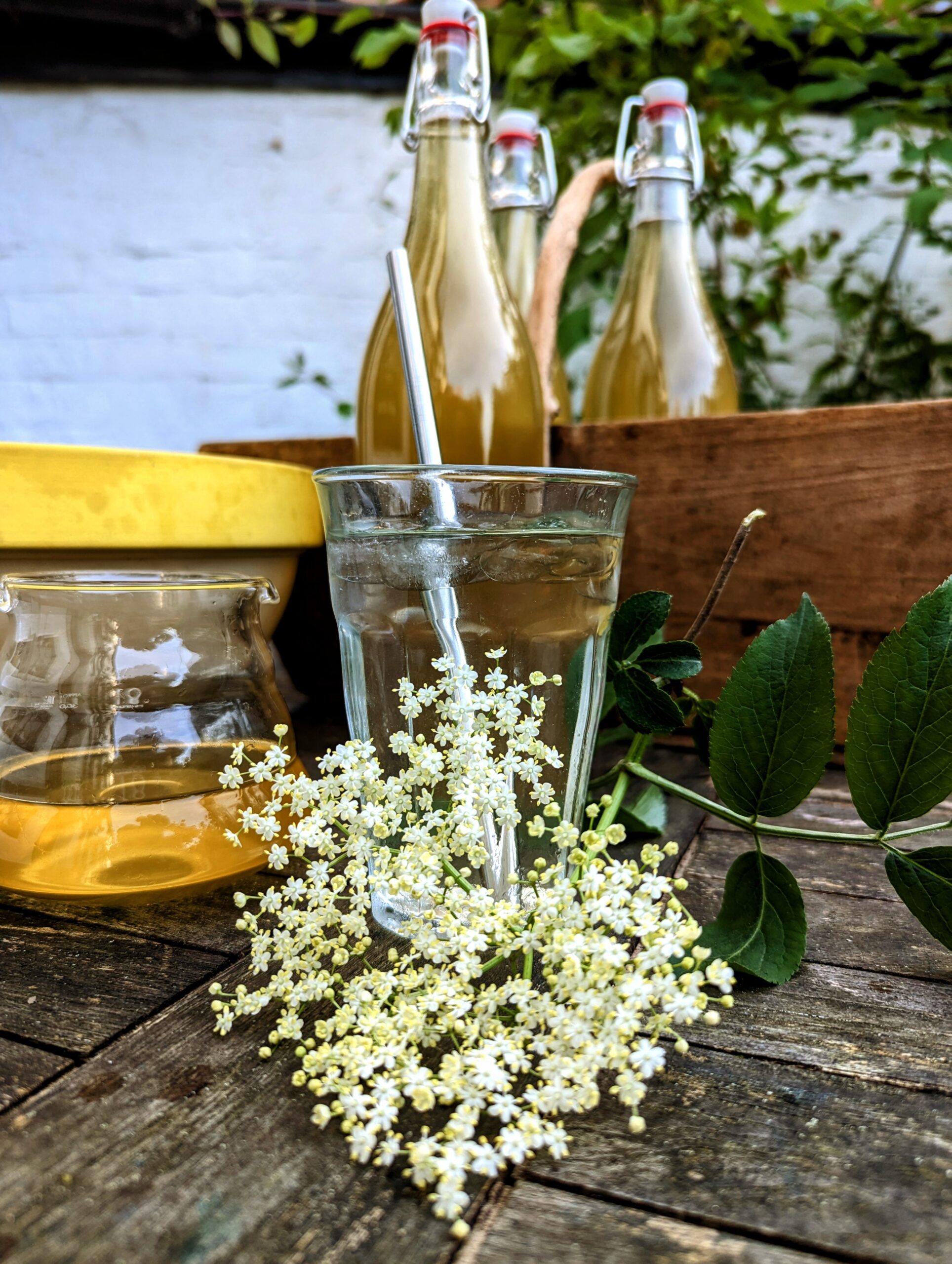The Harm Slugs Pellets Cause to Wildlife
Slug pellets were a popular way to control slugs and snails in gardens. The little blue pellets were scattered by gardeners around their plants to protect the tender stems from slugs and snails. Slug pellets contained a poison called metaldehyde. It was an effective molluscicide that affected the nervous system of slugs and snails. However, its effects were more wide ranging and harmed wildlife that consumed the poisoned slugs and snails which could prove fatal. Further to this, metaldehyde can pollute waterways and can harm aquatic life.
With the ban first announced in 2020 and properly coming into force in the UK in 2022 gardeners have been forced to look for alternatives. Given that the effects of metaldehyde on wildlife were already well known many gardeners had long refused to use them and as such there was already a plentiful supply of alternatives.
Alternatives to slug pellets
Those looking for a way to control slugs and snails in their gardens might consider these alternatives:
The main disadvantage of the barrier methods listed above is that the plants themselves often form bridges for which the slugs and snails can slide their way across the barrier. I also prefer not to kill them; they’re a valuable part of the ecosystem and an important food source for small mammals, birds and amphibians.
- Beer traps: Beer traps are a simple and effective way to control slugs and snails. Simply place a shallow dish of beer in your garden, and the slugs and snails will be attracted to the beer and drown. Beer traps will need to be replenished after it has rained as diluted beer is far less effective.
- Picking up slugs and snails and relocating: Slugs and snails are most active in the cool of the evening and can usually be found enroute or even already on your plants. Removing them by hand is an effective, if labour intensive, means of limiting their damage. This method requires a degree of vigilance in order to be effective, and for the slugs and snails to be relocated well away from the garden so that they don’t just come straight back. If you’re not adverse to killing the slubs and snails they can be drowned in a bucket of soapy water.
- Copper tape: Copper tape is a barrier that slugs and snails will avoid. Simply place copper tape around the base of your plants, and the slugs and snails will stay away.
- Diatomaceous earth: Diatomaceous earth is a natural substance that is abrasive to slugs and snails. Simply sprinkle diatomaceous earth around the base of your plants, and the slugs and snails will be discouraged from eating your plants.
- Egg / Sea shells: Scattering the rough shells around plants form an abrasive barrier that can deter slugs and snails from feasting on your delicate foliage.
My preference therefore is to cause the minimum amount of harm to the slugs and snails whilst effectively deterring them from eating my plants!
Allicin: A Natural Slugs and Snails Repellent
Allicin is a compound found in garlic that has been shown to be effective in repelling slugs and snails. Allicin is created when garlic is crushed or chopped. It is responsible for the strong garlicky smell when we prepare it in the kitchen.
Slugs and snails are attracted to the smell of allicin but are repelled by the taste. When they come into contact with allicin, it irritates their skin and mucous membranes, causing them to withdraw. In high enough concentrations, allicin can even kill slugs and snails although I do not apply it directly in this way.
There are a few different ways to use allicin to repel slugs and snails. One way is to place garlic cloves around your plants. The slugs and snails will be repelled by the smell of the garlic and will avoid your plants. However, there is a way of boosting the potency and efficacy of the garlic. My favourite method is to create both a spray for areas that are particularly prone to infestation and a wash to simply deter the slugs and snails from venturing too close to my plants.
Homemade garlic spray to deter slugs and snails
Allicin is a safe and effective way to repel and kill slugs and snails. It is a natural product that is not harmful to humans or pets. One popular method for making garlic spray involves boiling up two heads of garlic, mushing them up and straining the liquid. However, this method is less effective than the smell in the kitchen it creates might have you believe. Allicin is severely affected by heat and most of its useful properties and well and truly vanished even before it goes about 80C. As such, my homemade garlic spray uses a cold water method that insures the efficiency, potency and efficacy of the allicin within the cloves is at its highest.
Here are some additional tips for using allicin to repel and kill slugs and snails:
- Apply the garlic spray ]early in the season, before the slugs and snails become a problem.
- Apply the garlic spray every few days, as the rain and sun will eventually wash away the allicin.
- The garlic spray can also be diluted in a watering can to act as a deterrent over a wider area.
- You can also try using a combination of allicin and other natural methods, such as copper tape or diatomaceous earth, to get the best results.
By following these tips, and by using the cold water method for making your garlic spray you can help to keep your plants safe from slugs and snails throughout the growing season, ensuring the best for your plants and the wildlife in your garden.
Slug and Bug Repellant
Difficulty: Easy5
minutesIngredients
1 Head of Garlic
200ml Water
800ml Water
Directions
- Peel garlic and add to a blender, food processor or other device with 200ml of water. You can also crush the cloves individually with a garlic press. Transfer mixture to measuring jug.
- Add the remaining 800ml of water to the measuring jug.
- Leave to steep overnight or for 12 hours.
- Drain into a jar passing the liquid through a fine sieve or muslin cloth to remove the garlic. We don’t want it to block the spray bottle or watering can rose.
- The liquid can be used neat on infestations or 2 tablespoons added to a watering can full to act as a deterrent.
- Water your delicate plants such as hostas, dahlias, lupins etc accordingly and reapply weekly, or after it rains to help protect your plants for slugs and snails.





